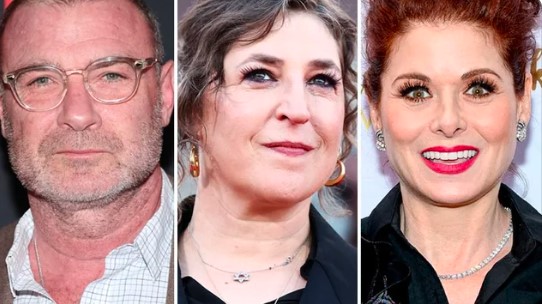Hollywood Figures Push Back Against Boycott Movement Over Concerns of Censorship and Collective Punishment
A Strong Stand Against Boycott
September 25, 2025: A coalition of over 1,200 entertainment industry figures, including actors Liev Schreiber, Mayim Bialik, Debra Messing, Sharon Osbourne, and Jennifer Jason Leigh, has signed an open letter rejecting a recent pledge by thousands of film workers to boycott Israeli film institutions. The letter was released by the nonprofit organizations Creative Community for Peace and The Brigade, calling the boycott an act of “arbitrary censorship” that undermines artistic dialogue.
Concerns Over Artistic Freedom
The signatories argue that many Israeli filmmakers are themselves critical of government policies toward Palestinians, and that boycotting the industry as a whole risks silencing dissenting voices. They warn that the pledge’s vague language around “complicity” could lead to indiscriminate blacklisting of filmmakers who merely reside or work in Israel, regardless of their personal views or the content of their art.
Mayim Bialik Speaks Out
Mayim Bialik emphasized that the boycott “fuels division and contributes to a disturbing culture of marginalization.” She added that such actions “do nothing to end the war in Gaza, bring the hostages home, or help curb the alarming rise of antisemitism globally,” calling instead for open dialogue and collaboration.
Defending Cinema as a Bridge
The letter stresses that cinema should remain a platform for storytelling, dissent, and collaboration—including projects between Israeli and Palestinian artists. The signatories caution that widespread boycotts could backfire by suppressing the very voices advocating for peace and understanding.
An Ongoing Debate
This public statement reflects a growing divide within Hollywood and the global cultural community. On one side, activists see boycotts as a powerful form of protest against perceived injustices. On the other, artists like Schreiber and Bialik urge caution, warning that sweeping cultural boycotts risk becoming tools for censorship and collective punishment rather than instruments of change.
The debate is expected to intensify as film festivals, production companies, and international collaborators consider how to respond to calls for action while protecting the principles of free expression and artistic exchange.
Published by HOLR Magazine


